|
In summer I researched and wrote a new resource for history and heritage educators on behalf of Curious Minds. Drawing together examples from across the North West, covering an array of indoor and outdoor museum and heritage locations, it explores how schools and heritage organisations have worked together to help young people learn about their local history in cross-curricular ways. It's particularly relevant to the Key Stage 2 curricula but extends to KS1 and KS3 too. Browse or download above, or from my resources page.
Each case study includes - Description of a topic or activity - Objectives and outcomes of the activity - Practical activity suggestions to include in topics / lesson plans - Top tips for planning and practicalities - Links to further resources Includes five example case studies of projects by schools and museum or heritage sites working together cover these overarching themes: - Investigating a heritage site (through the ages and a timeline) - Investigating a local street (in this instance Victorian but transferable to other periods) - Investigating a historical period (Stone, Bronze and Iron ages) - Creative engagement with maths (using the art / design of Blackpool Illuminations to cover the full KS1 & 2 maths curriculum) - Exploring the local town (in this instance a coastal town with a migratory mining history) Current History links - the lives of significant individuals in the past who have contributed to national and international achievements - significant historical events, people and places in their own locality - changes in Britain from the Stone Age to the Iron Age - a study of an aspect or theme in British history that extends pupils’ chronological knowledge beyond 1066 - ideas, political power, industry and empire: Britain, 1745-1901 With a foreward from Prof. Kerri Facer - education innovator and advocate for place-based curricula.
0 Comments
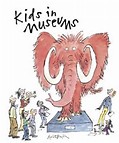 I'm delighted to be chairing Kids in Museums new workshop 'Welcoming Families with Autism' at the Science Museum on February 9th. It's a day packed with experts from museums and arts organisations who can share their experiences of welcoming families with children or young people on the autism spectrum. You can book for the event here or keep an eye on future workshops here It's a subject I've been interested in for many years and have blogged about previously, though my interest has ramped up several gears over the past 12 months thanks to my involvement with two local autism charities, and my work with Lancashire Museums who commissioned me to research the subject of museums and autism from the perspectives of museums and autistic visitors. You can read more about that on my separate, ongoing blog http://www.museumsandautism.tumblr.com/ which combines museum practice, feedback from families and visitors on the autistic spectrum, and expert reports and presentations on the subject. 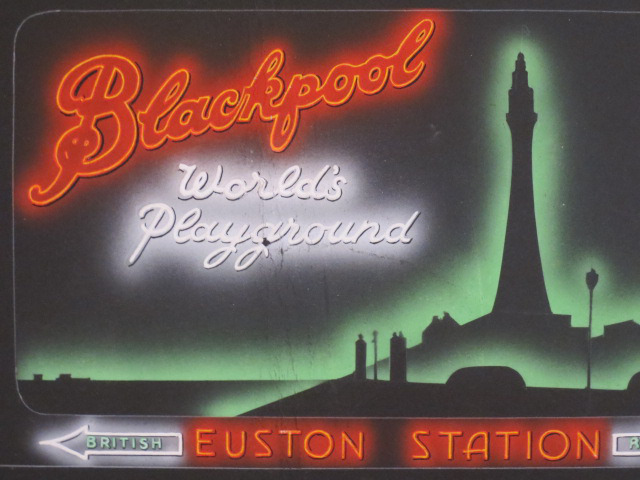 I am so very lucky to be able to get involved with such a wide variety of projects. In each one I love to find out about new collections, artworks, exhibits, activities and the people behind them or indeed at the receiving end. Right now I'm writing a resource pack for Curious Minds which looks at how local heritage can be used to work with schools towards an area based curriculum. The resource will include several case studies, one of which features Blackpool Illuminations. It's little known that the Illuminations have a historic archive, or that they are all designed and made in Blackpool itself, at a design and manufacture depot called Lightworks. You might like to read this excellent page about where the magic happens. Many images from the archive of illuminations artwork and some accompanying catalogue detail is available at the Illuminations blog right here. On occassion, Lightworks opens up for tours for special events and groups such as Heritage Open Days. A potted history of the illuminations is provided here. Further information is available here. Meanwhile, the Curious Minds resource, and another teaching resource produced by cultural team members of Blackpool council offering many ways to use the illuminations to support maths based learning - developed in close consultation with teachers, will all be available online to download as a pdf in due course. Image: Up for Promotion, copyright Blackpool Illuminations Collection 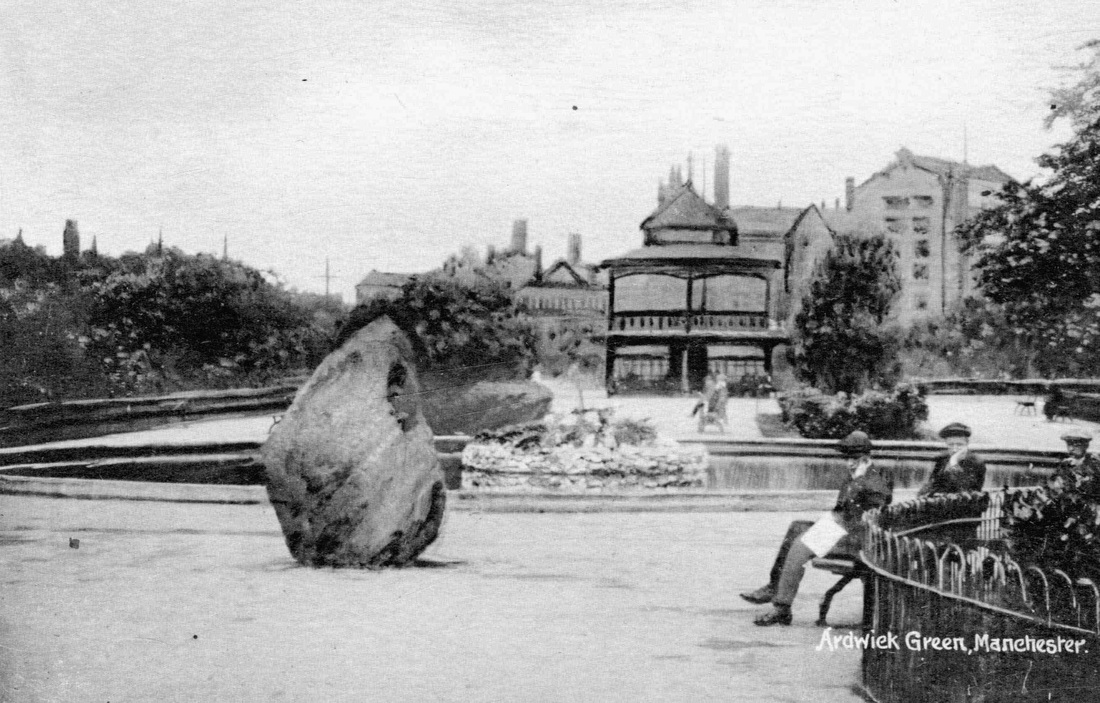 Image courtesy of Manchester Libraries, Information and Archives, Manchester City Council Image courtesy of Manchester Libraries, Information and Archives, Manchester City Council I've just recently started work on the evaluation of a year long programme hosted by Manchester Metropolitan University's Institute of Humanities and Social Science research. Entitled Creating Our Future Histories, the scheme sees 'early career researchers' (usually those who are completing a PhD, or are just about to start one / have recently finished one) working with Manchester community organisations. Each partnership is mentored by a more experienced academic. The partnerships are punctuated along the way by a series of weekend workshops combining into a professional development course on how community engagement between academics / researchers / communities might take shape. Each partnership is also expected to meet at least once between each workshop. The partner-groups are developing co-constructed plans and activities which research previously uncharted areas of the organisation's heritage, and look towards incorporating their future in a way which will become part of their heritage in years to come - there's the 'Future Histories' part. Late next Spring each group will showcase their findings in creative and public ways - many yet to be decided; though ideas are already circulating about film, video, exhibtions, time capsules and more. I'm about a month in and I'm once again struck by the many rich and hidden histories of Manchester - industry, architecture, battle and radical action, many many things which show the inventiveness and resilience of this sometimes bloody minded and often ingenius city. You can find out more about the project here and I particularly recommend the research group pages and project blogs to find out more about the organisations involved and the progress and reflections taking place. 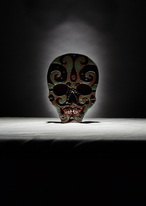 Gothic Manchester Festival Gothic Manchester Festival Just when you thought there was nothing left for Manchester to festivalise, I'd just like to draw your attention to Gothic Manchester Festival 23-26 October, run by The Manchester Centre for Gothic Studies at Manchester Metropolitan University. I'm so excited about this on many levels. Not that excitement and goth really go together but... Look what my lovely friends at MOSI have done for all you wonderful teachers. Roll up roll up, bring all your finest young imagineers! 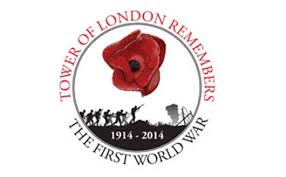 There is an exciting opportunity for potters to get involved in a historic landmark project to commemorate the outbreak of WW1. The Tower of London are currently engaged in a major art installation to place 880,000 Ceramic Poppies around the moat of the Tower for November 11th 2014. At Potclays we are proud to be the supplier of materials and equipment to the project and the fact that part of the installation will be made in Stoke makes it that little bit more special. There is the opportunity for about 20 people to take part in paid work to support a WW1 commemorative Art project. This phase of the project commences on Monday 28th July and the duration of the work is up to 3 months and they need people who have some craft skills - for anyone who has done a BA or MA in ceramics or anyone with a craft background. They are looking for ceramic makers and technicians who can work a 9 hour day (with an hour lunch break) at a rate of £10 an hour for making poppies. This rate is negotiable for experienced makers willing to commit for the 3 month period. The working hours are 8am to 5pm. The work will take place on the site of Johnsons Tiles in Stoke who have a great set up and there would be a lot to gain for graduates or practitioners from a 3 month opportunity working there in terms of learning and experience. Fiamma is especially interested in any technicians or experienced craft practitioners in the team to help meet their target of 880,000 poppies. If they can't do the whole 3 months, they’d still like to hear from them. Please contact Fiamma directly about this opportunity. Please contact [email protected] if you are available, leaving a telephone number. I'm just wrapping up some research for a museum. They asked me to collate case studies of good and innovative practice in how comparable venues (which in this case include medium-large scale museums and galleries) use digital technology to support school visits, in workshops, self-directed studies and potentially back in school.
They also wanted to find out about the ways such activity can be evaluated. They absolutely do not want to have form after form handed to teachers and students, and wondered how else really good evaluation might take place. The brief contains phrases like blended learning and e-learning. It's problematic because there are no clear definitions of what those are and where they start and end, And it's a real rabbit hole - an entire and massive area of specialisation and expertise. It's a small piece of work, just skimming the surface to help the museum think in new and different ways about what they might do, and how to monitor its impact well. I've collated 64 pages, over 32,000 words, of case studies of applications, programmes, projects, reviews and industry expertise opinions on contextual issues such as evaluation, future proofing and general good practice in digital learning and engagement. I've visited more websites, read more conference papers, searched more forums than I can count and interviewed some really insightful and inspiring colleagues in the field. Eventually, if the museum in question has no objections, I'll upload the collated set of case studies and expertise here for anyone else who might like it. It will be in a very rough and ready format - just my research notes really, in no particular order. But it may be of some help to someone so watch this space... In the meantime, it seemed much easier to put all 32k+ words into wordle and see what happened. There it is above, that's what the whole shebang amounts to. Interesting at this stage that 'online' is so prominent, given that I wasn't specifically looking at just online options. Interesting too that if 'conversation', 'collaboration' or 'participation' are in there, they certainly don't jump out. I currently have a number of clients who, in some shape or form, are involved in being part of museums who are trying to become better friends with their communities. In order to be able to assist them in this as well as I can, and refresh my own thinking on the topic, I assembled a quick list of everything I ever knew about this sort of work - what to look out for, what to do, what not to do. I then sent a call out to all the lovely and helpful members of the GEM email list to see what insights they had on the same theme. Three months later I've finally collated it all under sub-headings and here it is; a short paper on things to be aware of if you're a museum working with local communities. In fact I'm sure much of it will be transferable to other types of organisations. I would especially like to thank everyone who did respond to the GEM email request, and sent me all sorts of papers, reports, observations, anecdotes and ponderings, particularly those who trusted me enough with what, in some cases, were quite hard lessons for their organisations to learn. I'd very much like the discussion to keep flowing so please do add comments, or include links to other relevant papers, reports etc below... 04.03.11 update... for the few people who let me know they haven't been able to see or save the document below - it's now also available as a straight forward pdf to read or download here or drop me a line via the comments pageand I'll happily email it to you 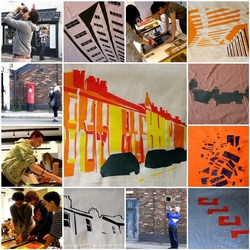 I have an ongoing obsession with pattern. In the summer I was lucky enough to turn that obsession into a small project by co-ordinating some workshops for people in Macclesfield. (You can read more about that by looking at Macclesfield Silk Museum Heritage Trust here) In the morning, members of the public were taken on a tour of the town, looking at pattern in architecture. Armed with cameras and a professional photographer guide, we encouraged them to seek out the details that usually pass them by. In the afternoon, I brought in artists / designers / printers from one69a to help them turn their photos into screen prints and transfer them onto bags and t-shirts. one69a have just launched their new website and included the workshops as one of their case studies so take a fuller look over there... And by the way - if you like architectural pattern, do take a look at the project with Rosie James at Ordsall Hall in Salford |
Details
...BlogI'm most interested in how the public, your public, whoever that may be, engages with culture and creativity.
And if it nurtures creativity and develops personal, social or professional skills I'm absolutely all ears. Categories
All
Archives
May 2023
|

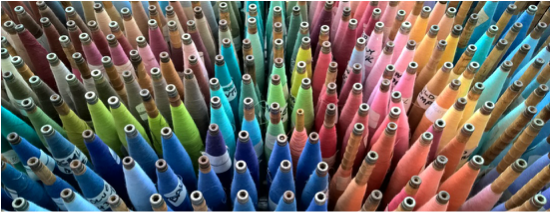
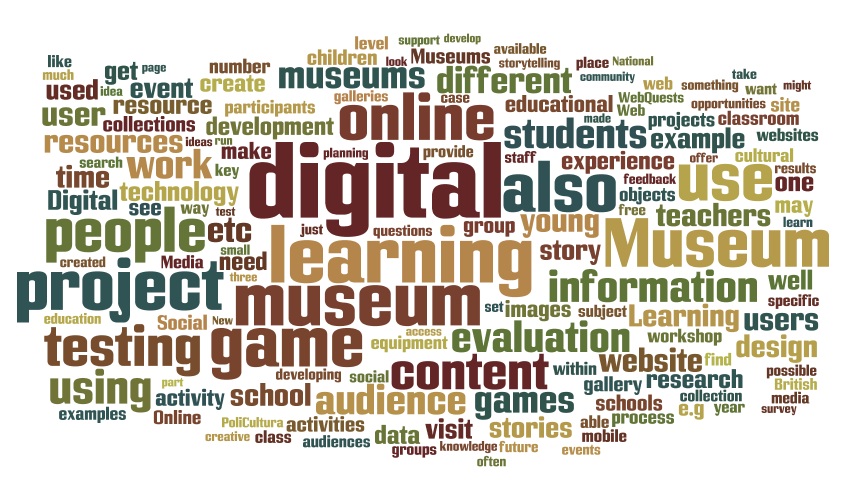

 RSS Feed
RSS Feed
